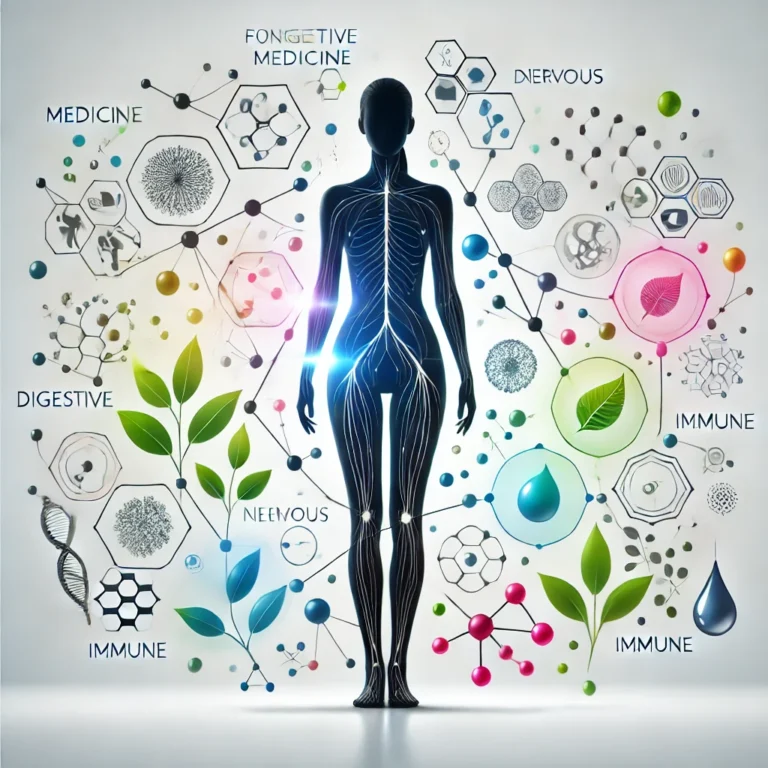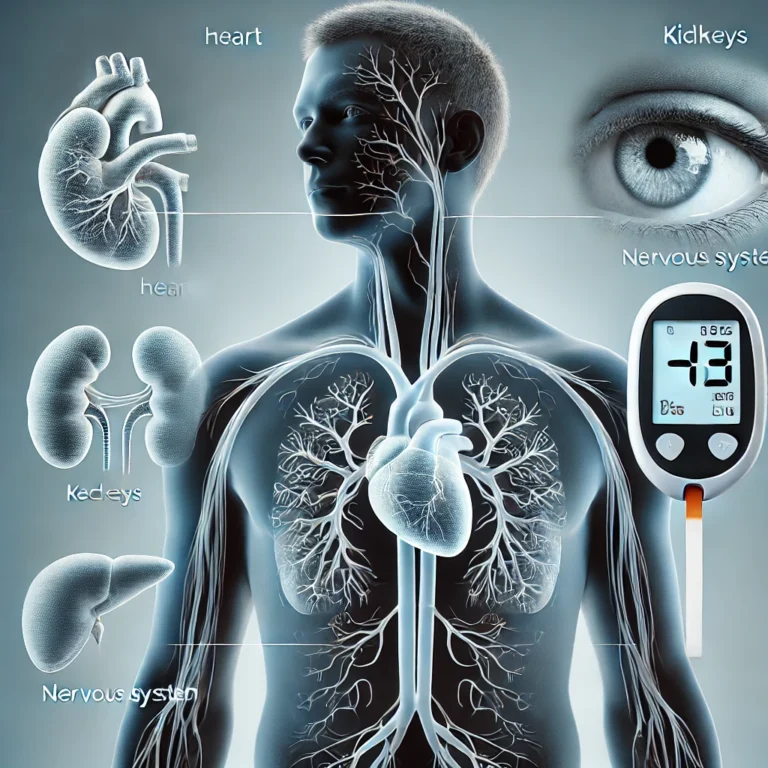*This post may contain affiliate links for which I earn commissions.*
Let me totally transparent, straight up. The last time I went to a doctor for me, was 1976, so I know for a fact that living life without big pharma is possible. My decision was to embrace a natural, holistic lifestyle. I believe that all our bodies can heal themselves, naturally. I am not alone in this, but if this is too woo woo for you, you are definitely reading the wrong blog. My sincere belief is that all illness and sickness starts in our emotional bodies. Energy healing can heal that trauma before it takes hold in the physical. before Our bodies have the capacity to heal all physical ailments, but it is easier to tackle when it is still in the emotional body. I accept that you may not want to embrace this attitude and for some of you having regular health checks is important. I have no wish to foist my beliefs on anyone, but I want you to know what my experience is of living life without Big Pharma
Table of contents
- Is Living Life Without Big Pharma the Answer?
- Medication Doesn’t Solve the Problem for Everyone
- Natural Wellness: Alternative Approaches to Health is my maxim.
- Exercise is A Pillar of Health.
- Senior Living Without Medication: Realistic or Risky?
- The Power of Prevention: Reducing Health Risks Naturally
- Mental Clarity without Medication: Techniques and Tactics
- Medications Have Side Effects.
- Herbal Remedies and Supplements: Navigating the Natural Pharmacy
- Integrative Medicine: The Best of Both Worlds
- Education and Advocacy: Empowering Informed Health Choices
- Envisioning the Future: Shifting Perspectives on Health and Aging
Is Living Life Without Big Pharma the Answer?
When I consider the ways Big Pharma influences our lives, the prominence of pharmaceuticals is evident; they are often seen as the go-to solution for managing health issues. Yet, the question arises: is it truly necessary to rely so heavily on these medications?
The benefits of decreasing dependency on pharmaceuticals can be substantial, including the potential for fewer side effects and a lower risk of drug interactions. Many people are now asking if living life without big pharma could contribute to better health in the long run.
Medication Doesn’t Solve the Problem for Everyone
The concept of avoiding pharmaceuticals altogether might seem counterintuitive. After all, conventional wisdom and medical practice have long upheld the use of medication as a fundamental component of modern healthcare. Nonetheless, certain circumstances could open the door for alternative approaches, especially for those who experience minimal benefit from conventional treatments or who suffer from adverse side effects.
But how does one embark on this path, particularly seniors who often face complex health issues? That’s the connection I want to make as we move to the next part of the discussion. It’s not about rejecting the advances of modern medicine outright but about informing ourselves and considering the full spectrum of options available to us.
I personally I have taken the completely drug free route for over forty years, and that includes all drugs including pain killers. Just because I can, and I have, doesn’t mean that you can. I am blessed with good health.
Natural Wellness: Alternative Approaches to Health is my maxim.
For many of us, staying healthy naturally is a highly valued goal. It’s no secret that food plays a foundational role in our well-being. But beyond the nutrition label, there’s a vast world of dietary choices that can steer our health on a pharmaceutical-free course.

Exercise is A Pillar of Health.
Exercise, too, is a pillar of medication-free health maintenance. It’s not just about weight management; regular physical activity can help prevent a range of conditions, from heart disease to depression. Whether it’s brisk walking, swimming or yoga, finding an activity that brings joy is key to making it a staple of daily life.
Remember, making these lifestyle adjustments doesn’t have to be a solo endeavor. Joining community groups or seeking guidance from a professional can provide the support necessary to make lasting changes. Stay informed and stay proactive in your journey to natural wellness.
Senior Living Without Medication: Realistic or Risky?
I hear from many of my peers that the golden years are often painted with the broad brush strokes of medication management. This has led me to ponder, do seniors HAVE to rely on medication to live full, active lives, or is there an alternative path?
Navigating life as a senior without the constant companion of medication bottles might feel like uncharted waters for some. It isn’t a universal solution. Health is incredibly personal, and for those with chronic conditions or complex medical histories, medicines can be lifesavers. However, for others, a senior life without heavy reliance on Big Pharma can be more than just a pipe dream.
It’s about balance and understanding your body’s needs. Being attentive to diet, staying active, and paying mind to mental wellness can often keep the pharmacy visits to a minimum. Regular check-ups coupled with honest conversations with a healthcare provider will help outline what’s realistic for you.
Consider this a call to action: review your medication regimen with your healthcare provider and ask the tough questions. Could lifestyle modifications reduce your pill load? What are the risks if you reduce or eliminate certain medications? Your provider’s expertise is indispensable in this journey.
The Power of Prevention: Reducing Health Risks Naturally
Preventative healthcare plays a VITAL role in living a healthy life, especially as we age. It’s about more than simply steering clear of illness; it’s an ongoing process of maintaining a balanced lifestyle to reduce the risk of diseases that might otherwise require medication.
One KEY aspect of prevention is diet. By choosing whole foods over processed options and incorporating a variety of fruits and vegetables, seniors can fortify their bodies with essential nutrients. Omega-3 fatty acids, antioxidants, and fiber are just a few of the substances that help keep the body’s systems in check.
Physical Activity. Regular movement, whether it’s a daily walk, gardening, or a yoga class, helps maintain muscle mass, improve balance, and manage weight. For seniors, activities tailored to their ability levels can prevent falls and boost cardiovascular health – CRUCIAL steps in reducing reliance on medications for blood pressure and other conditions associated with aging.
Stop Smoking. Smoking cessation and moderate alcohol consumption are two more pillars of preventative health. If you’re a senior who smokes, quitting now can drastically cut your risk for heart disease, cancer, and respiratory conditions. For alcohol, moderation is key. While a glass of wine might have some benefits, excessive drinking can lead to a whole host of health issues.
Don’t Be Isolated. Lastly, staying socially active and maintaining strong personal connections can protect against mental decline and other health issues. Engaging with friends, family, and the community keeps the mind sharp and the spirits high.Participating in social activities helps to stave off feelings of loneliness and depression, which are all too common in older adults.
Mental Clarity without Medication: Techniques and Tactics
Maintaining mental clarity as we age is essential. It shapes how we enjoy life, engage with loved ones and stay productive. But what if I told you that you could sustain or even improve your mental health without reaching for a prescription bottle? It sounds empowering, right? Let’s explore how this can be done.
Medications Have Side Effects.
The impact of pharmaceuticals, especially those used to treat conditions like anxiety and depression, on mental health can be significant. These medications often come with side-effects that might affect our clarity of thought. This is why exploring alternative methods is so compelling. Mindfulness exercises, for instance, have been shown to reduce stress, which is often a precursor to other mental health problems.
Am I suggesting you abandon all medication? Absolutely not. Medications can be lifesaving. However, for those who can and want to minimize their use, several techniques show promise.
Consider cognitive activities to keep the brain sharp. Puzzles, reading, and learning are not just hobbies; they can be part of a regimented approach to maintaining cognitive function. Regular social interaction is also proven to keep our minds engaged and spirits high.
When it comes to emotional well-being, never underestimate the value of a good laugh or the cathartic power of a good cry. Emotional expression is a natural mood regulator and essential for mental health. Journaling or talking with a trusted friend can provide an outlet for these expressions and foster a clear mind.
In the next section, we’ll delve into the world of herbal remedies and supplements. That’s right, nature’s own pharmacy. You’ll discover the potential that certain plants and compounds have to support health without synthetic chemicals. Remember that while natural, these also should be used responsibly.
Herbal Remedies and Supplements: Navigating the Natural Pharmacy
As more seniors seek alternatives to traditional medications, many turn to the world of herbs and supplements. It’s a burgeoning area teeming with possibilities for those aiming to maintain their health with less reliance on prescription drugs. But with that potential comes the need for a cautious approach, armed with knowledge and skepticism.
Before diving into this natural pharmacy, it’s crucial to understand both the science and the folklore behind herbal remedies. Echinacea for colds, turmeric for inflammation, and gingko for cognitive function are just a few examples that have garnered attention. While many herbs have benefits supported by scientific research, others come with less evidence or mixed results. It’s not a one-size-fits-all situation. However, with a little patience you can research your perfect remedies.

One can’t emphasize enough the importance of quality when it comes to supplements. The market isn’t regulated as strictly as prescription medications, meaning that products can vary significantly in purity and potency. Many companies flout the law and you have to research natural and organic ingredients.
- Derived from natural, plant-based sources
- More holistic and gentler on the body
- Often less expensive and more accessible
- Growing consumer preference for natural health options
- Potential for fewer side effects than pharmaceuticals
Look for brands that have been independently tested and verified for their contents. Certifications like USP or NSF on the label offer some assurance that what’s on the label is in the bottle.
Safety is paramount. If you’re considering supplements, discuss this with your healthcare provider, particularly if you have any existing health conditions or are taking other medications. Natural doesn’t always mean safe, and interactions between supplements and medications can occur. I encourage you to look for standardized extracts of herbs, as these products attempt to provide consistent dosages of the active ingredients.
While herbs can play a role in a larger wellness strategy, they are not a panacea. Adopting a balanced diet, regular physical activity, and effective stress management techniques strengthen the foundation of your health, with herbs and supplements possibly serving as complementary additions.
Integrative Medicine: The Best of Both Worlds
I get a lot of questions about integrative medicine, and I think it’s vital to clarify what it means and how it can be beneficial, especially for seniors who are looking to reduce or eliminate medications. Integrative medicine isn’t about rejecting traditional healthcare or disregarding the advice of doctors; it’s about combining the best practices from various healing traditions to create a comprehensive approach to health.
To paint a clearer picture, think about a senior who suffers from arthritis. Under an integrative medicine approach, their treatment may include conventional medications when absolutely necessary, but it also might incorporate acupuncture, physical therapy, and dietary changes. All of these are aimed at not just treating symptoms but also at enhancing overall well-being. In most cases of degenerative arthritis natural cures work better.
There’s been growing evidence supporting the effectiveness of integrative approaches. For instance, studies have shown that mind-body therapies can significantly benefit individuals dealing with pain, stress, and illness recovery. This evidence makes a strong case for incorporating such practices into a senior’s health routine, under professional guidance.
“Good health is not something we can buy. However, it can be an extremely valuable savings account.”
Anne Wilson Schaef
But how does one find a trustworthy integrative medicine practitioner? It’s important to seek out certified professionals who have experience working with seniors. A good starting point is to ask for referrals from primary care doctors or look for practitioners through reputable organizations.
When considering the move to integrative medicine, communication with healthcare providers is key. It’s crucial for seniors to discuss their current medications and health conditions with the integrative medicine practitioner to avoid any potential adverse interactions or complications.
Education and Advocacy: Empowering Informed Health Choices
I recognize the critical role education plays in making wise health decisions, especially for seniors. Beyond merely recommending alternatives to medication, it’s vital that you understand WHY certain choices may benefit your health. This journey toward informed decision-making starts with accessible, quality information.
Delving into the plethora of available health resources can be daunting, but I’ll guide you on where to start. Seek out reputable websites dedicated to holistic health, attend workshops, and talk to health-care practitioners who emphasize patient education. It’s not just about gathering information; it’s about discerning which advice is scientifically sound and which is mere hearsay.
Another essential aspect to consider is the power of community. Joining health-focused groups or forums can offer emotional support and collective knowledge. Here, you can share experiences and learn from others who are also navigating a life with minimal dependence on medications.
Remember, as a senior or an advocate for a loved senior, your voice matters. Ask questions, demand clarity on treatment options, and contribute to discussions that could influence policy and healthcare services. By advocating for your own health, you influence the direction of future health practices and help ensure that they respect individual needs and preferences.
Your empowered choice is an act of self-advocacy and a stepping stone towards shaping the approach to healthcare for seniors. It’s a matter of taking charge, not only for yourself but for the wider community. As we move into the final stretch of this topic, I’ll paint you a picture of the unfolding future where health and age are seen through a new lens and where less reliance on medication might not just be a dream, but a new norm.
Envisioning the Future: Shifting Perspectives on Health and Aging
I imagine a day when our understanding of health transcends the confines of conventional pharmaceutical reliance, especially for seniors. It’s a bold vision—expecting a seismic shift in the narrative around aging and medication—but it’s within reach. We’re witnessing an awakening to the possibilities of managing health through more natural means, a move that empowers individuals to take control of their wellness journey.
Facing the future, we should all recognize the potential challenges that accompany this shift. Access to quality integrative healthcare, widespread dissemination of accurate information, and continued innovation in natural health practices must be top priorities. These are the factors that will determine the success of a more natural approach to senior health care.
Yet, there’s reason for optimism. I hear stories of people who’ve turned their lives around by stepping back from prescriptions and rediscovering the healing power of nature. Communities that once leaned heavily on Big Pharma are now thriving through shared gardens, exercise groups, and health education workshops. These stories aren’t just anecdotes—they’re beacons lighting the way to a future where old age doesn’t automatically equate to a pill-filled existence.
As we look ahead, we will undoubtedly question and refine our approaches to living well without an over-reliance on medications. Education is key. By staying informed and proactive about our health options, we can mitigate the need for pharmaceutical interventions. And it’s not about a wholesale rejection of all medication but rather a balanced, discerning use where lifestyle changes and natural remedies take the front seat when possible.
Let’s acknowledge the importance of choice and autonomy in managing our health as we age. Embracing integrative strategies and continuing to support advancements in natural health solutions will likely reshape the narrative of senior living, allowing more people to enjoy their golden years to the fullest, with dignity and vitality, well beyond what we’ve previously imagined.






